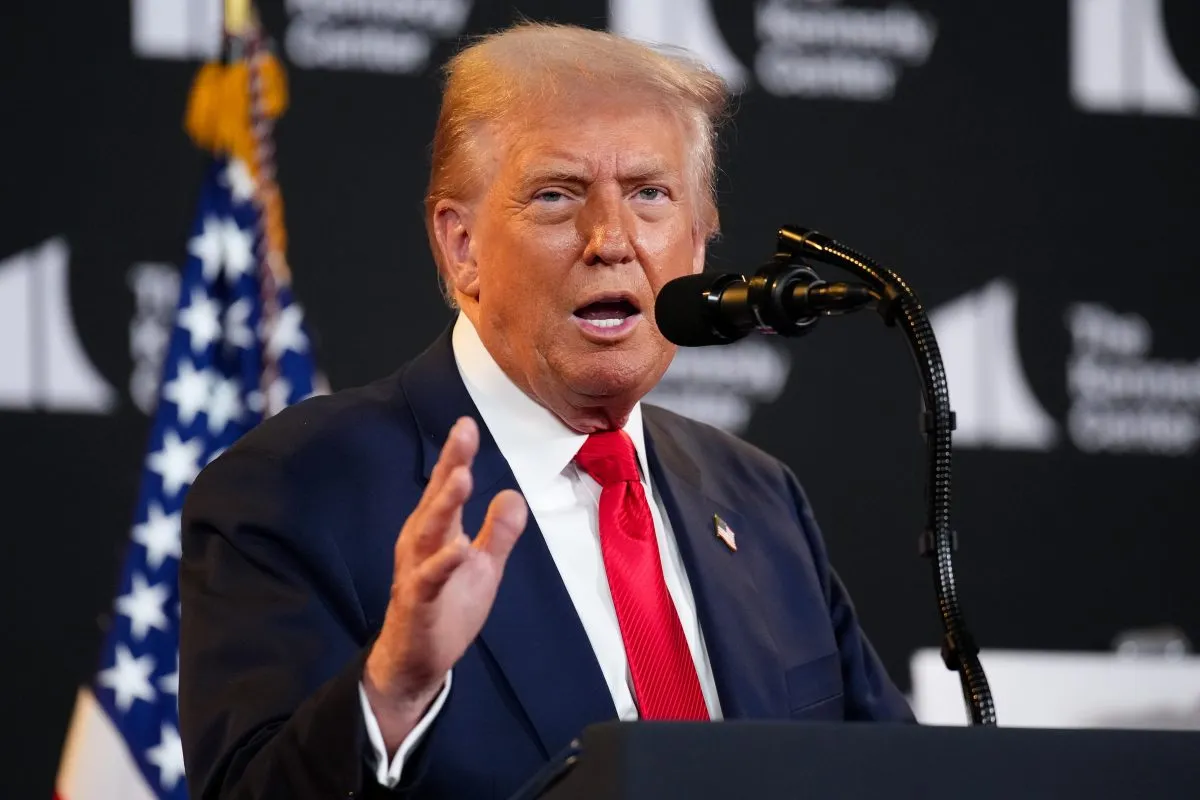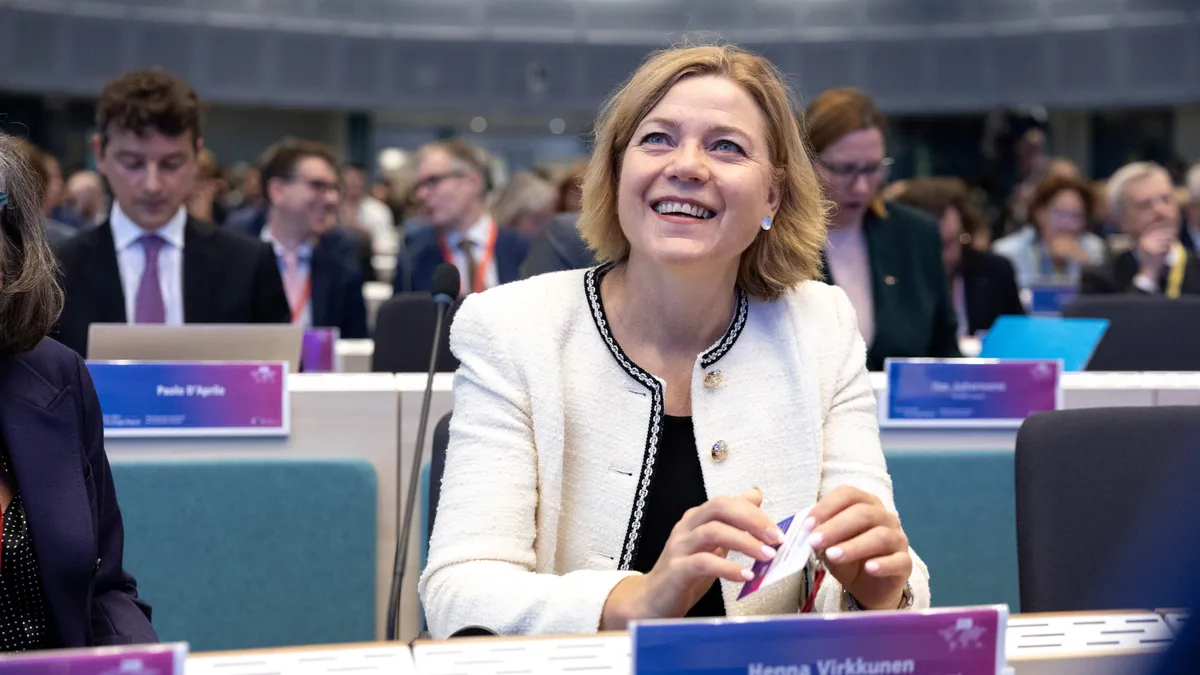By Saskia Koopman
Copyright cityam

Microsoft has announced its largest ever UK investment, pledging £22bn to expand AI infrastructure and build the country’s largest supercomputer, as president Donald Trump touched down in London for his state visit.
The commitment forms part of a wider US-UK Tech Prosperity Deal, encompassing £31bn of American investment across AI, quantum computing, and advanced nuclear energy in a move hailed as “historic” by tech chiefs and diplomats.
Prime minister Sir Keir Starmer described the mega cash injection as “a generational step change in our relationship with the US, shaping the futures of millions on both sides of the Atlantic, and delivering growth, security and opportunity up and down the country”.
Google is committing £5bn over two years to AI research and a new data centre in Hertfordshire, while Nvidia will deploy 120,000 processors – its largest European rollout – to accelerate British AI.
Salesforce is investing £1.4bn to make its UK operations an AI hub for Europe, and AI Pathfinder will commit over £1bn in computing capacity.
ChatGPT developer OpenAI will also partner with UK firm Nscale to launch the Stargate data centre in a new AI growth zone in the North East.
Tech Minister Kanish Narayan told City AM: “One of the things that’s very exciting, in particular in relation to the growth zones, but also on our wider investment announcements with Microsoft, is that Nscale – a British headquartered firm – is going to be right at the heart of it”.
He added that commitments on Nvidia chips include British firm Arm “being right at the heart of powering that as well, in terms of chip design”.
On quantum, he noted “both smaller companies like Cesco Magnetics… but also Oxford Quantum Circuits and Oxford Ionics are right at the heart of the commercial investments that we’re hoping to announce”.
A person close to the matter told City AM that no regulatory or planning changes have yet been made in response to the investment plans, although a memorandum of understanding on licensing and safety was signed yesterday.
City AM understands that data centres will be fast-tracked, while the nuclear element of the deal is a medium-term commitment.
Companies involved in small modular reactors, such as Rolls-Royce, are seeking revenue support for investment, though it is unclear whether this will affect taxes or consumer bills.
On AI, the government sees the UK positioned between EU and US regulatory approaches, allowing scope to develop trade with both markets.
State-backed institutions like the AI Security Institute are expected to be crucial in enabling UK companies to scale and in fostering a domestic AI ecosystem.
Jensen Huang, Nvidia’s chief, called the agreement “a historic chapter in US–United Kingdom technology collaboration” and said “The United Kingdom stands in a Goldilocks position, where world-class talent, research and industry converge.”
Sam Altman, OpenAI’s chief executive, said: “The UK has been a longstanding pioneer of AI, and is now home to world-class researchers, millions of ChatGPT users, and a government that quickly recognised the potential of this technology.”
A test of sovereignty amid US-led investment
While the deal promises a surge in infrastructure and investment, questions over technological independence remain and there are concerns that amid the US investment, domestic startups could struggle to retain independence amid heavy US involvement.
The UK government promises that the partnership will encourage a sovereign AI ecosystem, while initiatives like the AI Security Institute and the Stargate project aim to bolster homegrown capabilities.
Yet concerns persist over potential reliance on US-led infrastructure and uncertainty over nuclear revenue support, which may leave taxpayers exposed.
Shadow Science, Innovation and Technology secretary Julia Lopez also warned that despite this “vote of confidence”, declining foreign investment and paused pharmaceutical projects highlight structural challenges in the UK’s innovation landscape.
She added that “Britain has world-leading scientists, innovators and tech firms, but this country’s potential is being squandered.”
“The loss of major pharmaceutical deals, including AstraZeneca’s decision to pause its planned £200m nvestment in Cambridge, is a damning indictment of Labour’s failure to provide a stable and competitive business environment”, she said.
The deal could accelerate breakthroughs in medicine, clean energy, and AI-driven research, but its success will hinge on whether Britain can leverage US capital to truly become an ‘AI maker’, rather than a consumer of foreign technology.



